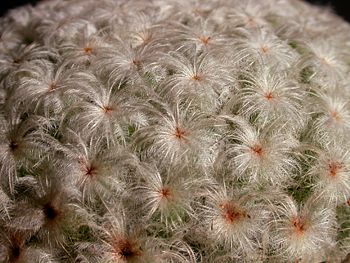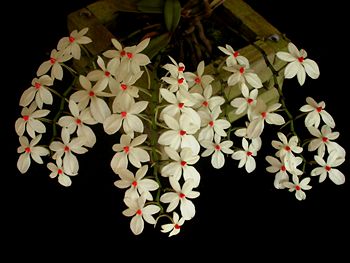CZ:Botany Subgroup: Difference between revisions
Jump to navigation
Jump to search


imported>Chris Day No edit summary |
imported>Chris Day No edit summary |
||
| Line 35: | Line 35: | ||
*<font color="#B200B2">Purple/Pink</font> text means that the page is either a redirect or a lemma article. | *<font color="#B200B2">Purple/Pink</font> text means that the page is either a redirect or a lemma article. | ||
*[[Image:Level0.jpg|10px]] (Approved) | *[[Image:Level0.jpg|10px]] (Approved) | ||
[[Image:Level1.jpg|10px]] (Status 1) [[Image:Level2.jpg|10px]] (Status 2) | |||
[[Image:Level3.jpg|10px]] (Status 3) | |||
[[Image:level4.jpg|10px]] (External) | |||
*{{pl|Meteorology|Example article1}} [[Image:Approval button.png|13px]] (Nominated for approval) | *{{pl|Meteorology|Example article1}} [[Image:Approval button.png|13px]] (Nominated for approval) | ||
*{{pl|Merox|Example article2}} [[Image:Approval button.png|13px]] (Nominated for reapproval) | *{{pl|Merox|Example article2}} [[Image:Approval button.png|13px]] (Nominated for reapproval) | ||
Revision as of 15:16, 5 March 2009
| Main article | Home | Talk | All articles (42) | Citable (4) | Members (2) | Recent changes | |
| Affiliation: Biology (Recent changes) | |||||||

(CC) Photo: Dalton Holland Baptista
Did you know that... among more than fourteen hundred cacti species only one can be found in the Old World? It is Rhipsalis baccifera. All the rest originated in the New World. United States, Mexico and Brazil are among the countries with the higher number of species. This photo is a detail of a cactus of genus Mammillaria, possibly M. herrerae.
Did you know that... among more than fourteen hundred cacti species only one can be found in the Old World? It is Rhipsalis baccifera. All the rest originated in the New World. United States, Mexico and Brazil are among the countries with the higher number of species. This photo is a detail of a cactus of genus Mammillaria, possibly M. herrerae.

(CC) Photo: Dalton Holland Baptista
Aerangis luteoalba var. rhodosticta is a monopodial orchid species spread from west-central and east Tropical Africa to Ethiopia growing over the trees in shady areas of the forests. It was discovered in 1896 and originally described by the Botanist Friedrich Kraenzlin as Angraecum rhodostictum. In 1918 Rudolph Schlechter subordinated this species to the genus Aerangis where it is classified ever since.
Aerangis luteoalba var. rhodosticta is a monopodial orchid species spread from west-central and east Tropical Africa to Ethiopia growing over the trees in shady areas of the forests. It was discovered in 1896 and originally described by the Botanist Friedrich Kraenzlin as Angraecum rhodostictum. In 1918 Rudolph Schlechter subordinated this species to the genus Aerangis where it is classified ever since.
| How you can help |
|
| Good Botany articles and drafts |
Let us know when one of your articles is approved or chosen for its quality announcing it here so other Botany members will know it is there and may wish to contribute or just read it. See Recent changes to know what Botany articles authors are working on. |
| High priority articles |
|
Legend:
(This is just a preliminary list, please help us adding to it any important article or topic we missed.) |
Agronomy
Botanical journals
Botanical societies
Botanical gardens
Botanists
Bryology
Ethnobotany
Forestry
Horticulture
Mycology
Paleobotany
Phycology
Phytochemistry
Plant anatomy
- Plant anatomy
- Leaf
 Flower
Flower- Petal
 Root
Root- Stem
 Fruit
Fruit- Seed
 Pollen
Pollen- Plant tissues
- Parenchyma
- Collenchyma
- Sclerenchyma
- Epidermis
- Guard cell
- Stomate
- Trichome
- Xylem
- Phloem
Plant ecology
Plant genetics
Plant morphology
Plant pathology
Plant physiology
- Plant physiology
- Dehiscence
- Flower induction
- Nitrogen assimilation
- Plant senescence
- Wilting
- Plasmolysis
- Plant hormones
- Abscisic acid
- Auxin
- Brassinosteroid
- Cytokinin
- Ethylene
- Gibberellin
Plant systematics
- Plant systematics
- Plant families
- Cactus
- Palm
- Angiosperm
- Eudicotyledon
- Monocotyledon
- Bryophyte
- Gymnosperm
Plant taxonomy
